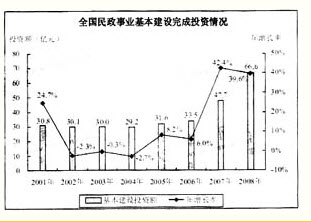Everyday some 16m barrels of oil leave the Gulf through the Strait of Hormuz. That is enough to fill a soft-drink can for everyone on earth, or to power every motor vehicle on the planet for 25 miles (40kin). Gulf oil accounts for 40% of global trade in the sticky stuff. More important, it makes up two-thirds of known deposits. Whereas at present production rates the rest of the world’s oil reserves will last for a mere 25 years, the Gulf’s will last for 100. In other words, the region’s strategic importance is set to grow and grow.
Or at least so goes the conventional wisdom, which is usually rounded out with scary talk of unstable supplies, spendthrift regimes and a potential fundamentalist menace. Yet all those numbers come with caveats. A great deal of oil is consumed by the countries that produce it rather than traded, so in reality the Gulf accounts for less than a quarter of the world’s daily consumption. As for reserves, the figures are as changeable as a mirage in the desert. The most comprehensive research available, conducted by the US Geological Survey, refers to an "expected" total volume for global hydrocarbon deposits that is about double current known reserves. Using that figure, and throwing in natural gas along with oil, it appears that the Gulf contains a more moderate 30% or so of the planet’s future fossil-fuel supplies. Leaving out the two Gulf states that are not covered in this survey--Iran and Iraq--the remaining six between them hold something like 20% of world hydrocarbon reserves, not much more than Russia.
All the same, it is still a hefty chunk; enough, you might think, to keep the people living atop the wells in comfort for the foreseeable future. But you might be wrong. At present, the nations of the Gulf Cooperation Council have a combined national income roughly equal to Switzerland’s, but a population which, at around 30m, is more than four times as big. It is also the fastest-growing on earth, having increased at nine times the Swiss rate over the past quarter-century. Meanwhile the region’s share of world oil trade has fallen, as has the average price per barrel.
As a result, the income per person generated by GCC oil exports has been diminishing since the 1970s. True, surging demand from America and Asia has recently boosted the Gulf’s share of trade, but the medium-term outlook for oil pries remains weak. Combined with continued growth in oil consumption, this should create sustained upward pressure on prices. And high oil prices will speed the search for alternatives. Who knows, in 20 years’ time fuel cells and hydrogen power may have started to become commercial propositions.
When saying "it is still a hefty chunk" (Para. 3), the author implies that()
A. The people in the Gulf would not benefit in certain ways
B. The Gulf countries are incomparable to the county Swiss
C. Continued oil consumption will create high price pressures
D. The search for other alternatives would end up with failures

